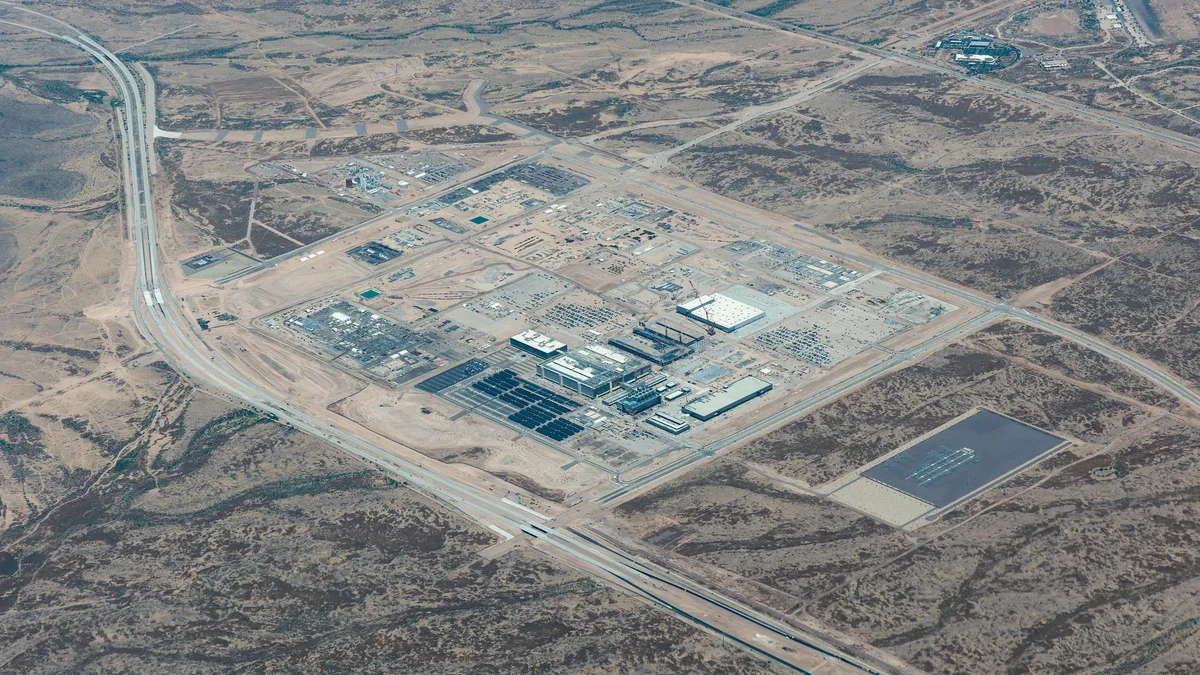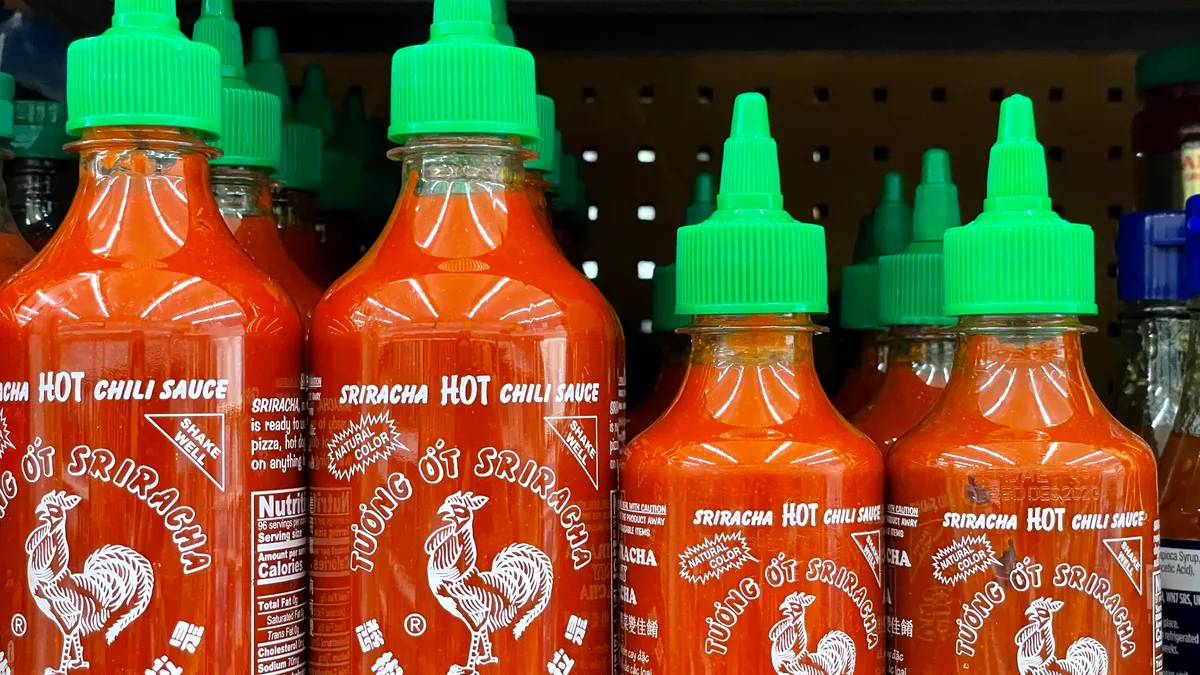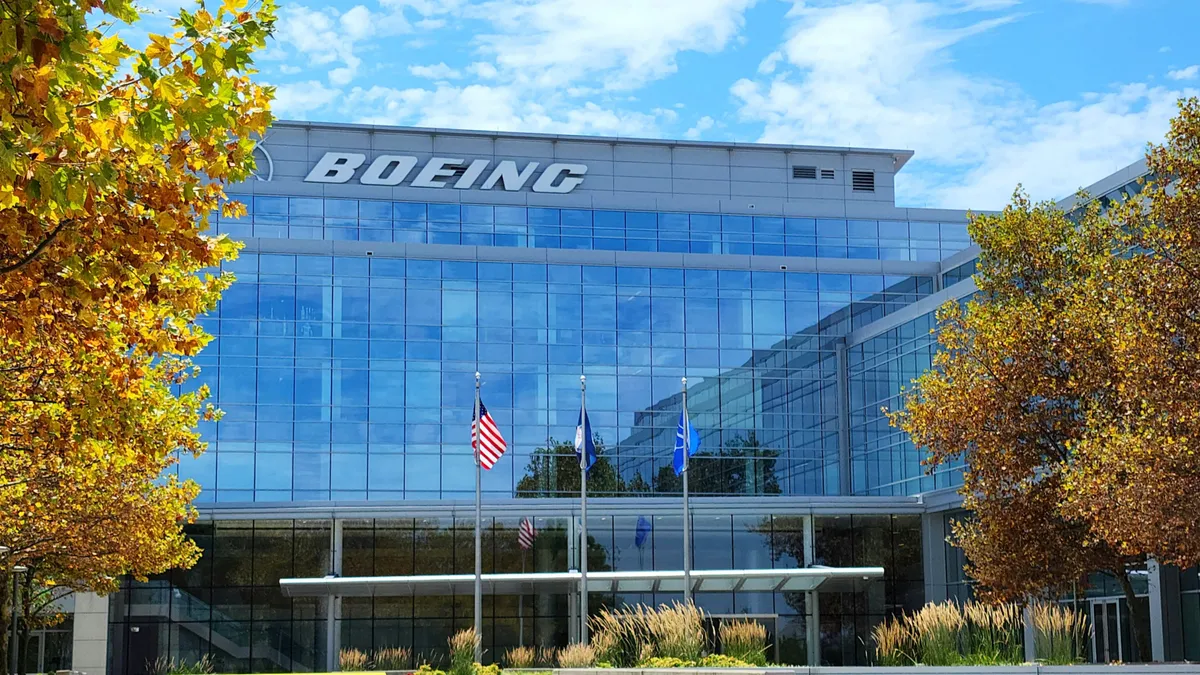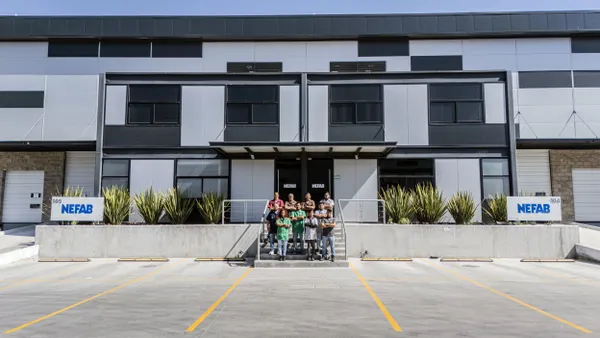Dive Brief:
- Taiwan Semiconductor Manufacturing Company is pushing out the production schedule for its upcoming chip factories in Arizona, citing a lack of specialized workers.
- The chipmaker's Chairman Mark Liu said on a July 20 earnings call the company is struggling to find workers with expertise in equipment installation in a semiconductor facility.
- As a result of the labor issue, TSMC is delaying the start of production of its N4 process technology chip nodes from late 2024 to 2025.
Dive Insight:
TSMC's recent labor struggles come on the heels of its announcement in April that it had hired more than 900 workers as of Q1 for its upcoming site in Arizona. The company has previously touted that its two Arizona semiconductor fabs will create 4,500 jobs.
In more recent weeks, however, the semiconductor company says it has struggled to find the needed talent for its current construction and development stage.
TSMC disclosed in late June it was sending workers from Taiwan to Arizona to assist in the construction of the $40 billion project, Reuters reported.
"We are working to improve the situation, including sending experienced technicians from Taiwan to train the local skill workers for a short period of time," Liu said on the call.
As of Thursday, TSMC listed 77 job postings for U.S. positions on its public LinkedIn page, with positions such as engineers, safety specialists and equipment technicians. The company does not list salaries for the positions.
In the U.S., universities and the Biden administration are focusing on developing a semiconductor talent pipeline as companies like TSMC and Intel seek specialized talent.
In May, the White House launched a national manufacturing workforce program, with a focus in Phoenix on semiconductor production training.
Arizona State University, meanwhile, launched a School of Manufacturing Systems and Networks last October to focus on training the next generation of industry talent.
The school is also partnering with companies like semiconductor equipment maker Applied Materials on a semiconductor research center to focus on new innovation and R&D efforts.
Despite such initiatives, the U.S.'s semiconductor industry and talent landscape is still relatively new compared to places like Taiwan, where TSMC already operates nine chip fabs and recently announced plans to build a $2.9 billion packaging fab.
The company's executives repeatedly highlighted the "early stage" of the semiconductor ecosystems in overseas sites compared to Taiwan during the recent earnings call. Liu noted the still emerging supply ecosystem is contributing to higher supply chain costs than expected.
"Yes, the overseas fab will cost higher, at least for the near future, where their supply ecosystem is not mature yet," VP and CFO Wendell Huang told investors on the call. "And the labor cost is from our experience, actually it's a little bit higher than we expected."












